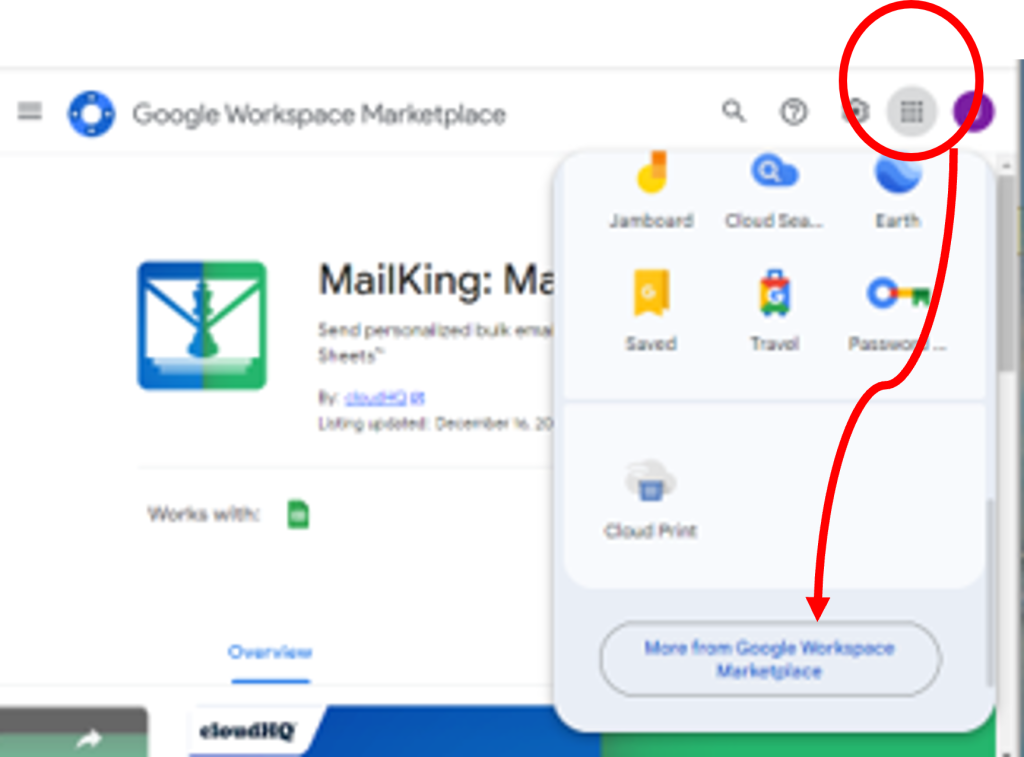
The digital landscape is fast gaining various applications for educational research, which aims at providing insights and evidence-based recommendations to improve educational practices and outcomes.
A key activity with educational research is data gathering which can be facilitated with an array of online survey tools. While conducting online surveys can be a convenient and cost-effective way to gather data from a wide range of participants. However, there are several challenges associated with conducting online surveys that researchers and survey designers should be aware of:
- Sampling Bias: Online surveys can suffer from sampling bias, as they often rely on self-selected participants who may not accurately represent the target population. This can lead to skewed or unrepresentative results.
- Data Quality: Online surveys may be prone to poor data quality due to respondents providing incomplete, inconsistent, or inaccurate information. Lack of supervision and verification can contribute to this issue.
- Anonymity and Fraud: The anonymity of online surveys can lead to respondents providing false information, either intentionally or due to misunderstandings. It’s also possible for individuals to participate in surveys multiple times, skewing the results.
- Technical Issues: Participants may encounter technical difficulties while accessing or completing the survey, leading to frustration and potential dropout. Compatibility issues across different devices and browsers can further complicate matters.
- Survey Fatigue: Respondents participating in multiple online surveys may experience fatigue, leading to rushed or incomplete responses. This can impact the quality of the data collected.
- Question Interpretation: Online surveys lack the context that an interviewer could provide for clarifying questions or addressing participant confusion. As a result, participants may misinterpret questions, leading to inaccurate responses.
- Data Security and Privacy: Collecting personal and sensitive information online raises concerns about data security and privacy. Researchers must take appropriate measures to safeguard participant data and comply with relevant regulations.
- Low Engagement: Online surveys often lack the personal interaction that can encourage participants to engage with the survey fully. This can result in lower response rates and less thoughtful responses.
- Non-Response Bias: Not all participants invited to take the survey will complete it. This can introduce non-response bias, where the characteristics of those who respond differ from those who don’t, leading to inaccurate results.
- Limited Control: Researchers have limited control over the survey environment, making it difficult to ensure participants provide thoughtful and accurate responses. This lack of control can affect the validity and reliability of the data collected.
- Inaccessibility for Followup: The inability to reach online participants leads to a high participant mortality rate where respondents initiate the survey but DO NOT complete/submit the survey.
While leveraging technology, researchers should also find ways of circumventing the impending challenges. The good news is MailKing can be leveraged for sending follow-ups with actionable email campaigns as a solution to the last four challenges.
MailKing is one of the cloudHQ apps, which is also accessible through the Google Workspace Marketplace from your Google account, as shown in the below snippet.

Still wondering how? Follow the link below to learn how now: https://www.youtube.com/watch?v=cDP0raqFk5I&list=PLdoCIOqi83Zt10EiB3qQhjt1dYWTBfALH&index=6
……and the quest for problem-solving through research keeps the learning curve improved!
